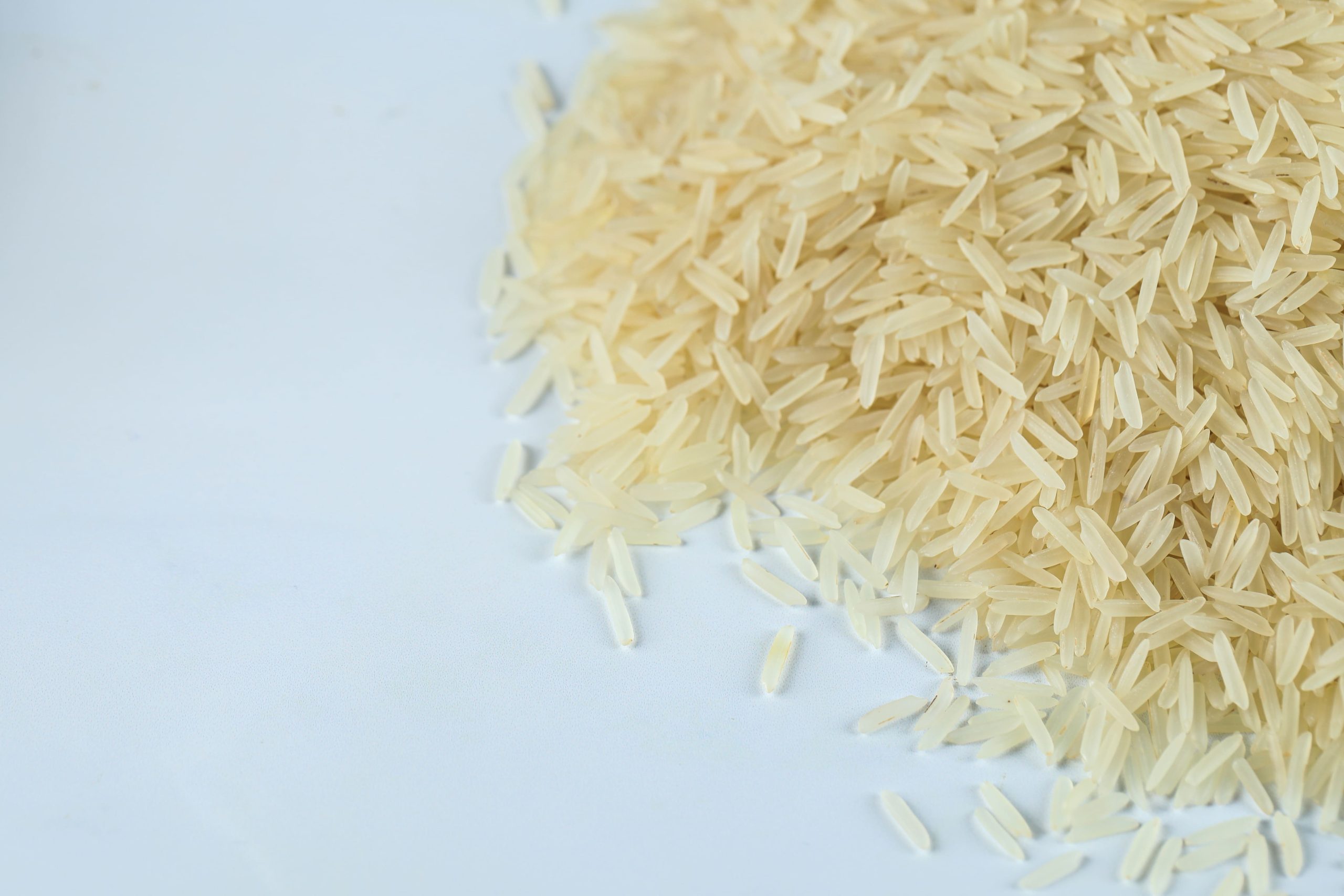Basmati rice is not just food, it’s the soul of countless cherished dishes. Whether you’re making biryani, pulao, or a simple side of rice with curry, choosing the right basmati variety can make or break your meal. With so many options available, especially from Pakistan’s fertile lands, selecting the best basmati rice variety can feel confusing.
Don’t worry! This guide breaks down the top basmati varieties, what features to look for, and how to choose the right one for your cooking needs.
What Makes Basmati Rice Unique?
Basmati means “fragrant,” and that’s exactly what sets it apart. Grown in specific regions of Pakistan and India, true basmati rice has:
- Long, slender grains
- A naturally rich aroma
- A fluffy, non-sticky texture when cooked
- A subtle, nutty flavor
Pakistani basmati rice, in particular, stands out for its healthful symphony, naturally aged grains, and distinctive taste.
Top Pakistani Basmati Rice Varieties to Consider
Here are three top-tier basmati rice varieties from Pakistan that every buyer should know:
1. Super Basmati – The King of Rice
- Grain Length: Extra-long
- Texture: Non-sticky, fluffy
- Aroma: Rich and traditional
- Best For: Classic biryanis, festive meals, and formal occasions
Super Basmati is aged to enhance aroma and performance. It’s known as the “King of Rice” for good reason; it delivers elegance and consistent results.
2. 1121 Basmati – The Fluffy Performer
- Grain Length: Among the longest in the world
- Texture: Light, soft, and doubles in length when cooked.
- Aroma: Delicate but lasting
- Best For: Everyday meals, wedding feasts, and bulk cooking
1121 Basmati is widely used in commercial kitchens and homes alike for its volume, presentation, and ease of cooking.
3. D-98 Basmati – The Authentic Touch
- Grain Length: Medium to long
- Texture: Slightly firm with a traditional bite
- Aroma: Earthy and nostalgic
- Best For: Traditional Pakistani dishes and comfort meals
D-98 is ideal if you’re looking for a more traditional, old-world basmati experience with rich flavors that linger.
Want to explore our full range in detail? Download our brochure for complete product insights and specifications.
How to Pick the Best Basmati Rice
Here are some essential tips when evaluating basmati rice, whether you’re buying in-store or ordering online:
Visual Inspection
- Look for long, unbroken grains.
- A creamy-white or off-white color indicates natural aging.
Check for Aging
- Premium basmati rice is aged for 1–2 years.
- Aged rice is less sticky and more aromatic.
Smell the Grains
- Dry rice should have a light, nutty aroma.
- Stronger aroma often signals higher quality.
Review the Packaging
- Airtight, food-grade packaging helps preserve freshness.
- Avoid packets with too much broken rice or dust.
Best Variety for Your Cooking Style
Dish Type Recommended Variety
Biryani Super Basmati, 1121
Pulao D-98, Super Basmati
Daily Meals 1121
Special Occasions Super Basmati
Traditional Pakistani D-98
Why Pakistani Basmati is a Global Favorite
Pakistani basmati rice is a global leader in exports because it is cultivated in the rich soils of Punjab, where the climate and water quality contribute to its superior characteristics. It’s globally known for:
- Natural aging process
- Exceptional grain elongation
- Affordability with premium quality
- Strong performance in both home and commercial kitchens
Certified Authenticity You Can Trust
When selecting basmati rice, authenticity matters. Pakistani basmati rice offered by trusted suppliers, like MFTC, has globally recognized certifications.
Their products meet international standards of quality, food safety, and export compliance. Certifications ensure:
- Non-GMO and pesticide-free rice
- International hygiene and packaging standards
- Traceable sourcing and sustainable farming
- Compliance with global export markets, including the EU and the Middle East
These certifications reflect a commitment to purity, transparency, and excellence, making it easier for buyers to trust what’s inside the bag.
Conclusion
The best basmati rice variety ultimately depends on your cooking needs and personal preference. If you prefer long, fluffy grains with an elegant aroma, 1121 or Super Basmati are excellent choices. If you lean toward more traditional textures and flavors, D-98 offers an authentic experience.
When in doubt, go with trusted suppliers known for consistency and quality. Meskay & Femtee Trading Company (MFTC) offers a reliable selection of premium Pakistani basmati rice varieties that meet international standards, ideal for both home cooks and professionals.
FAQs:
1. Which variety of basmati rice is best?
Super Basmati and 1121 Basmati are top picks due to their long grains, rich aroma, and versatility in different dishes.
2. Which is No. 1 basmati rice?
Super Basmati is often regarded as the No.1 variety for its premium quality, traditional taste, and excellent cooking results.
- What to look for when buying basmati rice?
Focus on grain length, natural aroma, aged rice, minimal broken grains, and packaging quality.
- How to pick basmati rice?
Check for uniform long grains, light aroma, and information on aging and source region. Choose a variety that matches your cooking style.
- Is aged basmati rice better?
Yes. Aged basmati rice has reduced moisture, which results in better texture, less stickiness, and enhanced aroma when cooked.


Leave a Reply